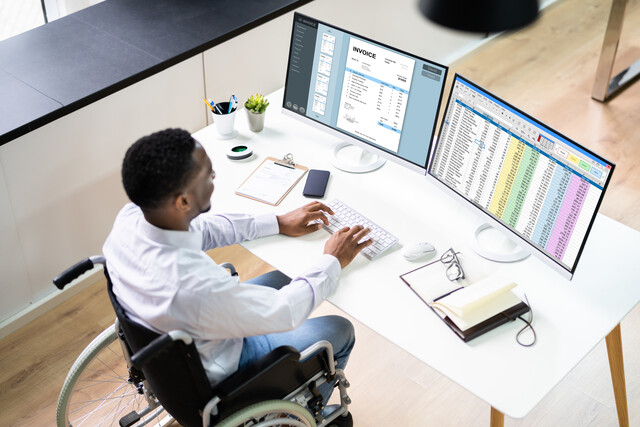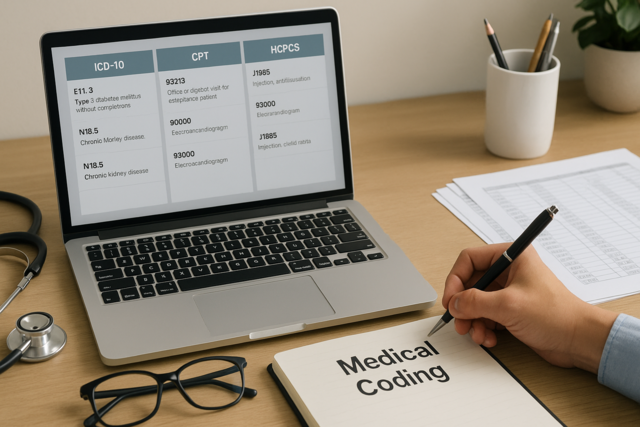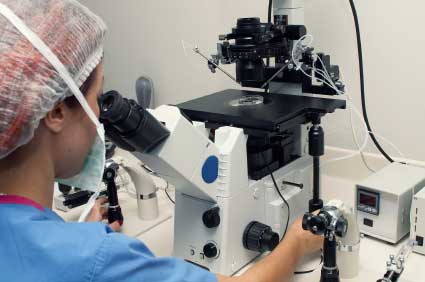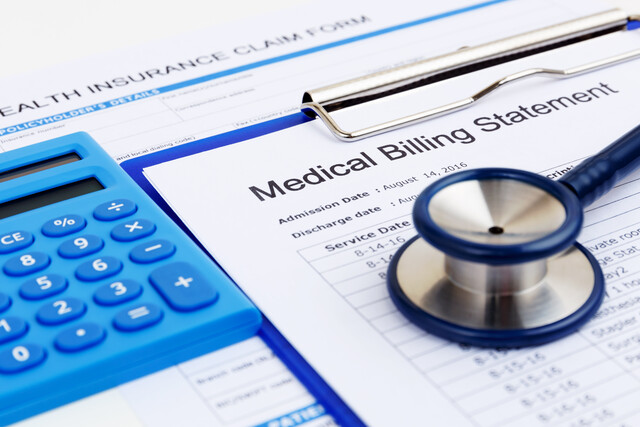Introduction:
In hospitals, large clinics, and joint practices the medical biller has come to play a major role. The responsibility of the medical biller is to manage the office, clinic, or hospital accounts.
This position inside healthcare facilities may eventually become rare except for small practices because of the large number of online companies that are now providing this service to physicians, clinics, and other healthcare facilities through the development of billing software that automates the process and provides the service at a lower cost.
However, the medical biller remains an integral part of the healthcare system. A great deal of knowledge about accounting, insurance, Medicare, Medicaid, and other payment systems is essential for the medical biller. In addition, the biller needs to know and understand the codes now used in medical records for treatment and billing purposes.
QUALIFICATIONS OF THE MEDICAL BILLER
There are great possibilities for the medical biller to launch out into entrepreneurship by operating a billing company. The medical biller must be well acquainted with accounting practices, legal ramifications, insurance companies, and government agencies involved in healthcare payments. In a healthcare office, the medical biller works with the medical coder to enter the proper codes on insurance forms from which the companies will pay. Certification is not a necessity, but a certified biller can demand a greater salary. Some of the schools that offer courses in medical billing allow a student to earn associate or bachelor's degrees. The main characteristic of a medical biller is ability to pay attention to details and be accurate with data entry. Knowledge of billing software programs is essential and there are several of those on the market. Inter-personal skills are not as necessary as they are for medical secretaries, medical assistants, and medical technicians. The medical biller has the option in many cases to work in a home office rather than occupy space in the medical facility. There are several ways of accomplishing a home-based medical billing situation.
- Contract with a medical facility to do the medical billing with an agreement that you will work from your home office;
- Work as a free lancer and do medical billing for more than one office while working at home;
- Set up your own medical billing company and work either from a home office or a small leased office (necessary if you will have employees working under you).
In smaller medical facilities, the biller may also double as the medical coder. This is only practical where the volume of work is not as great as in a larger practice.
DUTIES AND RESPONSIBILITIES
Looking only at the medical biller as opposed to the biller/coder in smaller offices, the responsibilities are primarily sending out medical bills and following up on collections. To that end, there are a number of related duties and responsibilities:
- Keeping abreast of the coding systems that identify illnesses and treatments is a vital part of the job. The biller must be able to spot any irregularity in the coding and be able to amend those;
- Staying informed on all government regulations relative to billing-especially in billings to be forwarded to Medicare, Medicaid, or other government funded programs;
- Knowing how to handle insurance company claims forms which may vary greatly from company to company;
- Understanding any other legal ramifications which might affect the operation of the healthcare facility;
- Having a good knowledge of accounting procedures to be able to interpret the data relative to the facility;
- Staying abreast of past due payments and knowing how to proceed with collections;
- Working with speed and accuracy so that the billing process is seamless and up-to-date;
- Working well under deadline pressures without sacrificing accuracy.
The physician or healthcare administrator depends on the medical biller to see that the office or facility is in compliance with all government regulations and legalities. The healthcare providers have far too many direct patient duties to be able to keep up with the complexities of office administration.
EDUCATIONAL REQUIREMENTS
Good clerk/typists with a high school diploma might be able to land a job as a medical biller at a salary lower than that of a person who has an associate or bachelor's degree. The edge, however, will always go toward the better educated. A great advantage of higher education is the ability to advance into a management position. On campus or online accredited colleges and universities provide and excellent way to further education for the biller who seeks advancement.
WORK ENVIRONMENT
Work environment depends largely on where the medical biller works. In a medical facility, the norm is a bright, quiet room with comfortable furnishings. Home offices can be arranged to taste and with as much comfort as budget will allow. Like a medical transcriptionist, the medical biller will work long hours looking at a computer monitor and sitting down for long periods of time. Comfort is essential to prevent the physical maladies that such work may cause.
COMPENSATION
While current compensation for medical billers is quite good (in the $45,000 per year range), the trend toward utilizing online billing companies keeps this position from steady growth potential over the next decade. On the other hand, the growth in medical billing online services is producing a demand for work at home billers. There are also medical billing associations which provide avenues for building a home based billing business. Furthermore, many of these online medical billing services specialize in one or more specific areas of healthcare delivery. Compensation in these cases depends on a number of variables. With your own billing company it will depend on your initiative and proven results.
SUMMARY
The outlook for medical billing specialists is mixed. For those who have entrepreneurial ambitions, projections are more encouraging than for those who are limited to working in a single healthcare office. Like everything within the scope of healthcare, the medical biller must be fast and accurate. Delayed billings make for delayed payments and inaccuracies may further delay the process or even appear to be illegalities. The medical biller must be ever alert and willing to work long hours daily.































